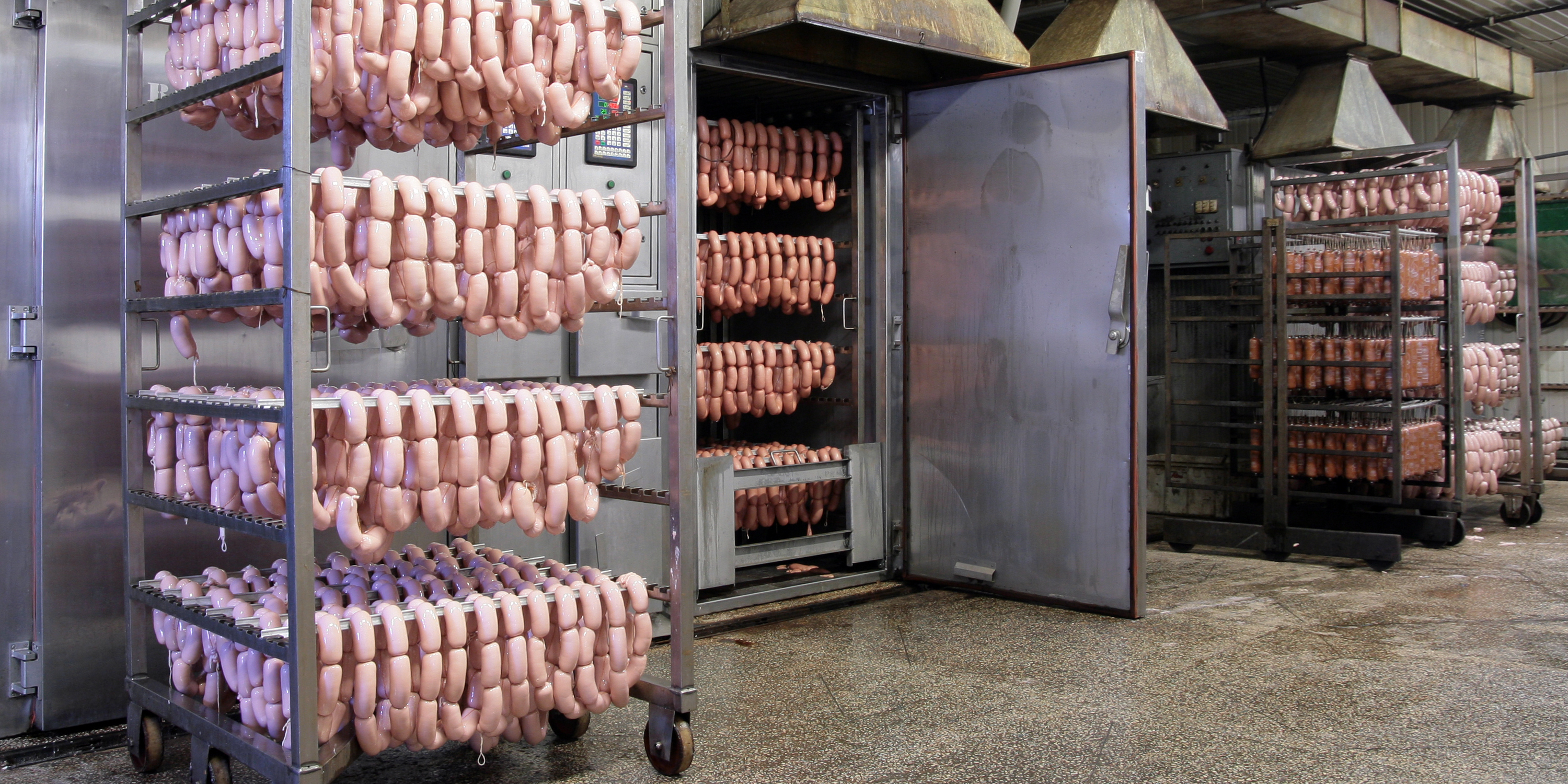Interview: Expert FSQA Insights for Meat Processors
Q. Can you begin with a few words about your daily experience managing the food safety and quality programs associated with large-scale meat processing?
A. When I was an FSQA Manager I had tons of tabs open on my computer every day, to keep up with the tracking and trending of all the aspects of the facility. There was one tab for pre-op swabs, one for Listeria swabs, one for product testing, one for sanitation records, one for quality checks, one for CCP records, and so on. I think you get the picture. It was never-ending.
Q. Were those "tons of tabs" for various web platforms? Did they automatically integrate with each other at all? Or manually? How easy was that integration, if so?
A. Nothing was integrated, that was the problem. Some tabs were for different platforms, some were Excel spreadsheets where I was tracking and trending, or exporting, data out of the different platforms, to put it into formats that allowed for better analysis.
Q. I presume that was very time-consuming?
A. I spent hours a day just trying to review these records and look for any trends in the data. I also had to understand where all these different records could be found. Some were on paper, and some were in Excel spreadsheets and web platforms as mentioned. It would have been a dream come true to have it all in one place.
Q. Were the paper records past records, or were they new records still being created on paper?
A. Some daily records were still being created on paper. The problem with paper is that, no matter how organized you are, data is still segregated making it difficult, if not impossible, to visualize the correlation for insights on what to improve. With the process digitized, data is easy to graph so trends are easily recognized and apparent, so you can identify and implement the right process fixes quickly.
Q. Were the companies undergoing digitalization to update those paper processes? And, if so, was that an integrated process, or piecemeal using an assortment of different solutions?
A. Most companies were undergoing some sort of digitalization, but it was still very segmented. For example, HACCP processing records in one place, lab results in another, pest control in another.
Q. In your experience, are processors sufficiently utilizing digitalized solutions for validation, process control, sanitation, and environmental monitoring?
A. For validation, possibly, depending on the type of validation the company does. That is also true for process control. In my experience, thermal process control is usually digitized, but not always in the most efficient way. Sanitation and environmental monitoring were not digitized.
Q. What are the pain points for those processes, as they currently stand?
A. Keeping up with records (I can’t tell you how many times the one piece of paper you need for an investigation is missing), tedious record review, human error, space to store everything.
Q. What is the value of fully digitalized processes?
A. Auditing/investigating easier and faster, consolidated record review, less chance of human error, no more need for a million filing cabinets.
Q. And how about if those are integrated into one platform?
A. No need to remember where the different things are stored and, most importantly, easier to track and trend data together.
Q. Any final FSQA advice?
A. As I mentioned earlier, it would have been a dream come true to have all FSQA records in one place. If I had access to Novolyze, that dream would have been a reality. A place to house all the vital records, and have the ability to trend that data, would have been the greatest tool to make me successful in that position.





